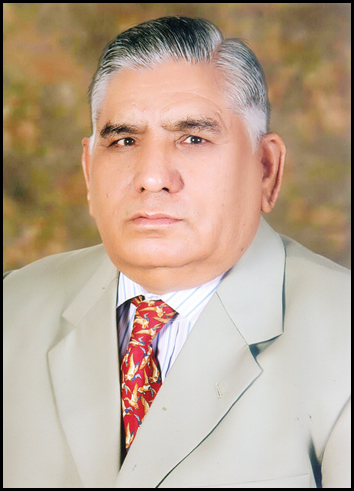

Shaukat Ali Jawaid
A healthy lifestyle—comprising nutritious food, regular exercise, and adequate sleep—should be an integral part of every medical prescription. It is imperative that healthcare professionals (HCPs) lead by example. Only when they practice what they preach will their advice have a meaningful impact.
Smoking, for instance, is a well-established risk factor for numerous diseases. If a physician is a smoker, how can they convincingly advise patients to quit? The credibility of their advice is compromised by their own behavior.
I recall an incident from the late 1960s when we invited a renowned chest physician to write an editorial on cancer. He was the Director of the Ojha Sanatorium in Karachi and held a clinic twice a week at a center near Civil Hospital on M.A. Jinnah Road, Karachi. When I visited him to collect the promised editorial, he was in the midst of writing it—and smoked six cigarettes of a well-known foreign brand during our meeting. Ironically, the article advocated against smoking to prevent lung cancer. I mustered the courage to ask him, “Doctor Sahib, knowing the risks of smoking, why don’t you quit?” He became irritated and snapped, “Did you come here to collect the editorial or to lecture me?”
On another occasion, when the Pakistan Cardiac Society organized a conference in Karachi years ago, Professors S.H. Shafqat and Mansoor Ahmad were the Chairman and Secretary of the organizing committee, respectively. I suggested they take the lead in serving healthy meals at the event, and they agreed. The lunch and dinner menus featured a single dish of fish or chicken with rice, vegetables, lentils, naan, and salad. Dessert was replaced with fresh seasonal fruit.
To our surprise, many delegates expressed their dissatisfaction and criticized the menu choices. The organizers faced such backlash that they vowed never to repeat the “mistake” in future events.
While doctors frequently advise patients to eat healthy diet and avoid smoking, such guidance is unlikely to be effective unless they themselves adhere to these principles. All of us—especially those in the healthcare sector—must actively promote and practice a healthy lifestyle. These efforts can significantly reduce the burden of various medical conditions. When combined with regular physical activity and sufficient rest, the benefits are substantial.
Providing curative services for both communicable and non-communicable diseases is increasingly expensive. The more sustainable approach lies in preventive medicine and health promotion. It is high time healthcare professionals take the lead by promoting healthy food at medical conferences. Doing so would not only set a positive example but also reduce conference expenses—costs that ultimately trickle down to patients through high drug prices and diagnostic charges, as pharmaceutical sponsors often pass on these costs.
A commitment to a healthy lifestyle, nutritious food, adequate sleep, and regular exercise can shield us from many preventable diseases. It is the responsibility of the medical community to champion this cause and educate the public about its long-term benefits.



